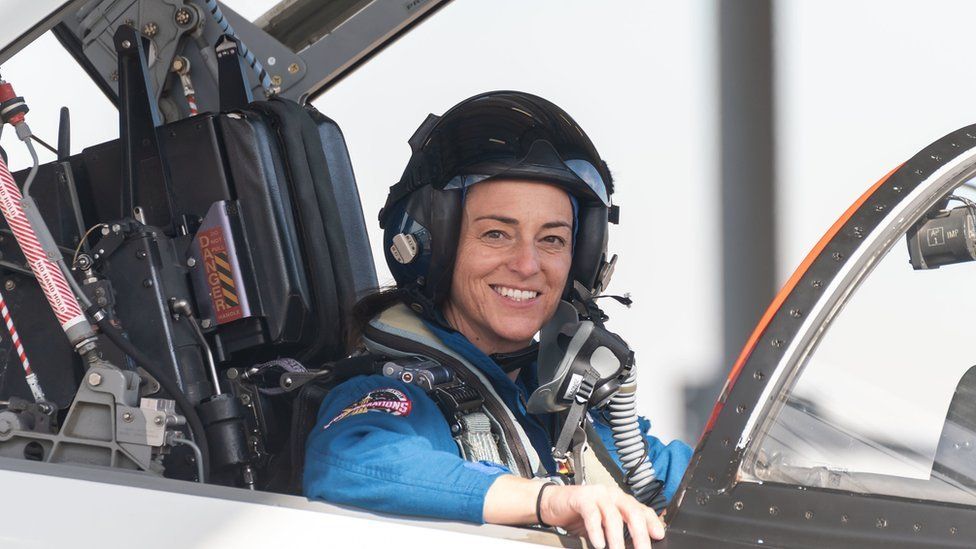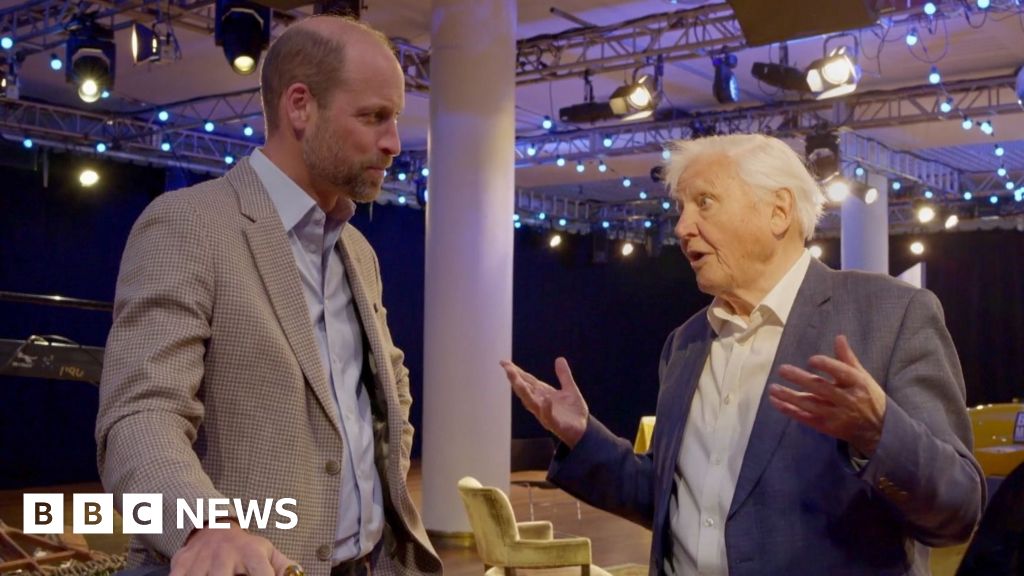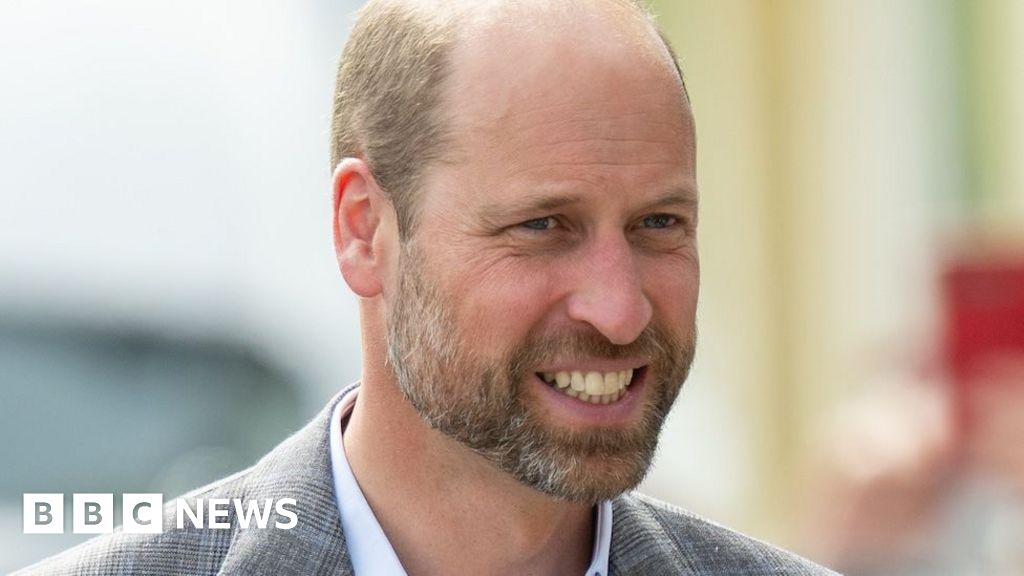ARTICLE AD BOX
By Esme Stallard
BBC News Climate and Science
 Image source, NASA
Image source, NASA
Next month Nasa will send a new crew into space. And for the first time there will be a Native American woman aboard.
Astronaut Nicole Aunapu Mann, of the Wailacki of the Round Valley Indian Tribes, will be mission commander - responsible for all phases of flight.
She will go to the International Space Station on 29 September, Nasa says.
"It's very exciting," she told newspaper Indian Country Today.
"I think it's important that we communicate this to our community, so that other Native kids... realise that some of those barriers that used to be there are really starting to get broken down," she added.
Ms Mann says that in her allocated 3.3 lb (1.4kg) for personal items she will take "a dreamcatcher that my mother gave me when I was very young".
According to the Indigenous Foundation, dreamcatchers symbolise unity and provide protection.
Ms Mann will be with three colleagues on the SpaceX Dragon spacecraft as part of the Crew-5 mission.
She could also go to the Moon. In 2020 she was selected to be in a pool of astronauts eligible for Nasa's Artemis programme that will send humans to the Moon.
Ms Mann, originally from California, studied mechanical engineering at Stanford university.
She become a colonel in the Marine Corps, flying various fighter aircrafts. She has been deployed twice on aircraft carriers supporting combat operations in Iraq and Afghanistan, and was awarded six medals for her service to the US military.
This expedition will be Mann's first spaceflight since she became an astronaut in 2013, Nasa confirms.
She is one of eight members of the 21st Nasa astronaut class, formed for space station operations and potential future assignments to the Moon and Mars.
She will be joined by astronaut and pilot Josh Cassada, astronaut Koichi Wakata from the Japan Aerospace Exploration Agency, and Russian cosmonaut Anna Kikina.
Image source, NASA
Image caption,The Crew-5 Mission will be manned by four astronauts from three nations
This is the fifth rotational mission to the International Space Station where the team will conduct 250 scientific experiments which Nasa says will help benefit life on Earth and prepare for human exploration beyond the planet.
In 2002, John Herrington, an enrolled member of the Chickasaw Nation, was the first Native American man to fly into space. He carried the Nation's flag and a traditional flute on his 13-day voyage.

 2 years ago
75
2 years ago
75








 English (US) ·
English (US) ·